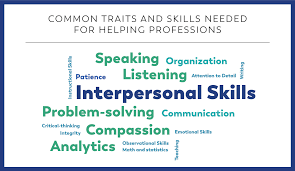Focuses on one or two important authors, offering students an in-depth reading experience coupled with discussion of historical context and related topics. Students will conduct independent research projects. Prerequisite: GK 202.
- Teacher: Heather Vincent
Category: Spring Semester 2025




